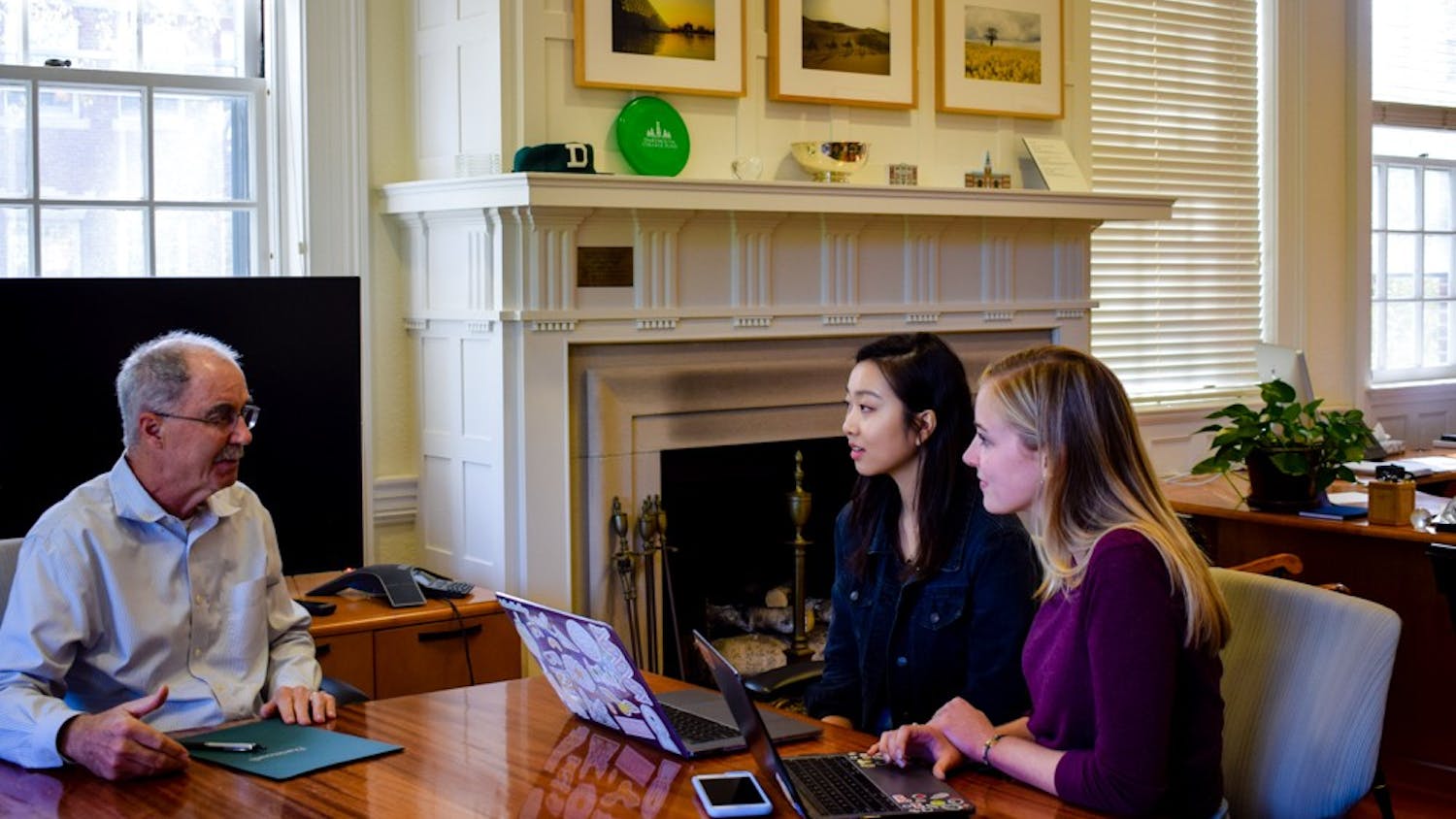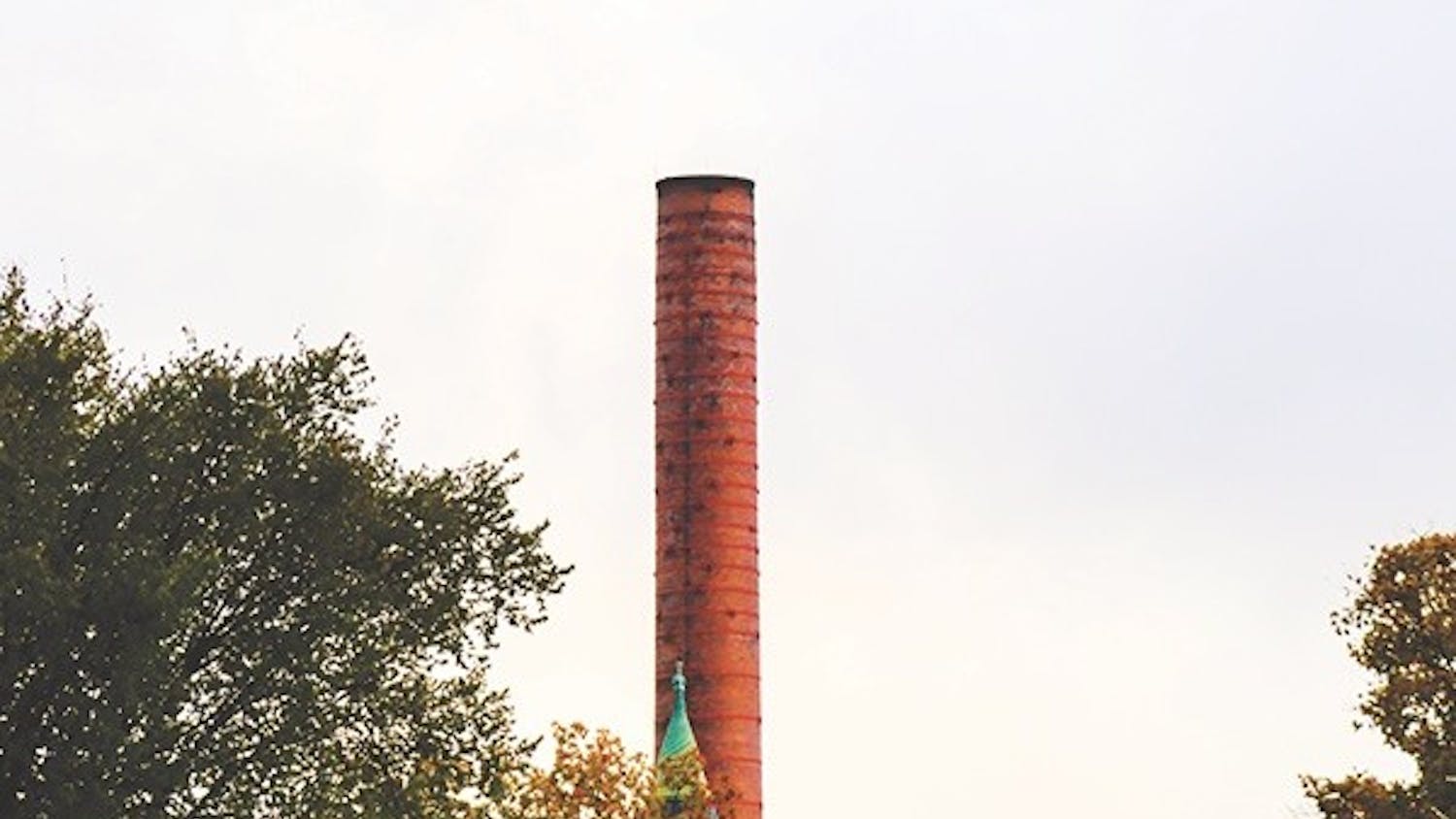Winter break at Dartmouth is lengthy — in addition to enjoying the holidays, students can use their six-week break to travel around the world, courtesy of various College-sponsored programs. This past winter break, the Dartmouth Center for Social Impact led a trip to Puerto Rico where students worked with El Departamento de Comida, or the Department of Food, a well-known food justice collective.
Caitlin Rosario Kelly, the program manager for educational access and equity at DCSI, helped organize the trip to Puerto Rico and traveled with the group of 12 Dartmouth undergraduates.
“The three ways we described the key themes were food justice, ecological sustainability and community building,” Kelly said.
Kelly said that food justice reform, particularly in Puerto Rico, was a focus of the trip.
“Food justice refers to the ability of a person to have culturally appropriate access to food,” Kelly said. “People increasingly have to travel more than 30 minutes or take multiple forms of transportation to access healthy food.”
Kelly said that over the course of 10 days, the Dartmouth students on the trip worked on various agricultural service projects alongside local community members. The students traveled and camped throughout the island, visiting two farms, Carite 3.0 and Finca Pajuil, along the way.
“We had an opportunity to do what I call an ecological justice tour of the island,” Kelly said.
Olivia Lovelace ’21 described various service tasks that the group undertook during the trip.
“We worked on projects like planting patchouli, lemongrass and flowers; weeding out invasive species; feeding chickens and horses and adding compost and fertilizer to plants,” Lovelace said.
The group also worked to save seeds — an integral component of food security — planted hay and wheat crops and constructed pollinator gardens, Kelly said.
Alongside service work, the group interacted with local families and communities, often discussing identity and experience, according to Lovelace.
“We loved the farmers and community partners we got to meet along the way,” Lovelace said.
Savannah Cochran ’20, another member of the group, expressed similar positivity toward the community-like feel of the trip.
“We learned about the history of the land and how it had been passed down through their family,” Cochran said. “We fished, swam and enjoyed delicious meals cooked by a local woman.”
According to Kelly, the DCSI puts special emphasis on community building and collective action — a major theme of the recent trip to Puerto Rico.
The DCSI sponsors similar immersion trips to domestic and international sites. The DCSI, along with House communities, sponsors two spring break trips; one to Portland, ME where students participate in policy work centered on immigrant rights, and another in New Orleans where students work on housing security. For every immersion trip, a public call is sent out for applications, which are open to all undergraduates.
The selection process for the trip included an application and an interview to best ensure that students would contribute to the cohesiveness of the group, according to Kelly.
“It’s an intensive 10 days of them camping and working and living together, so we try to find folks who are really interested in that community building piece,” Kelly said.




